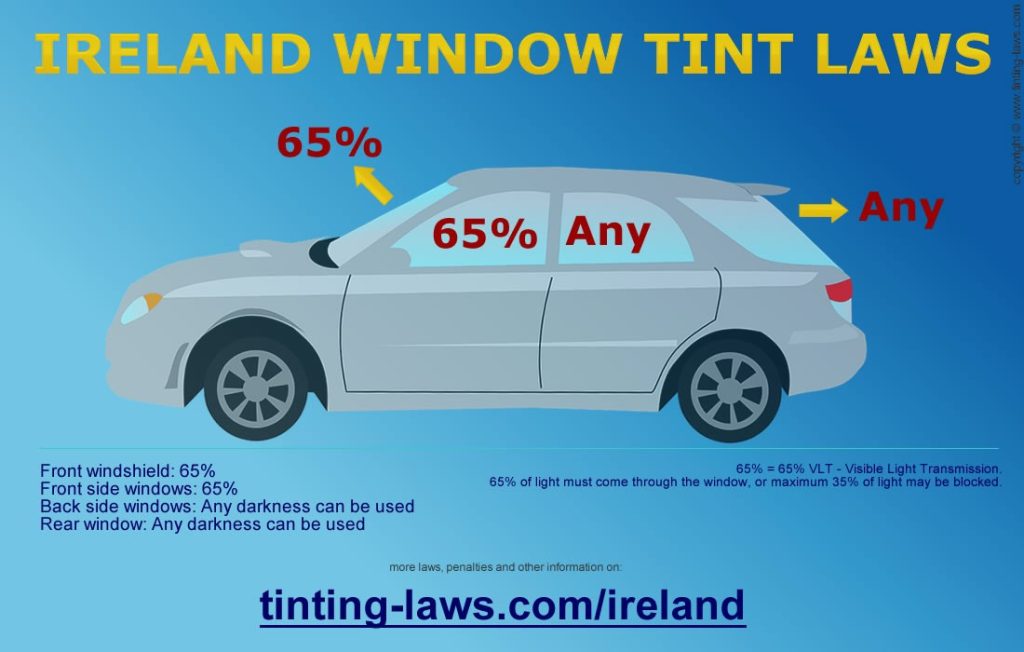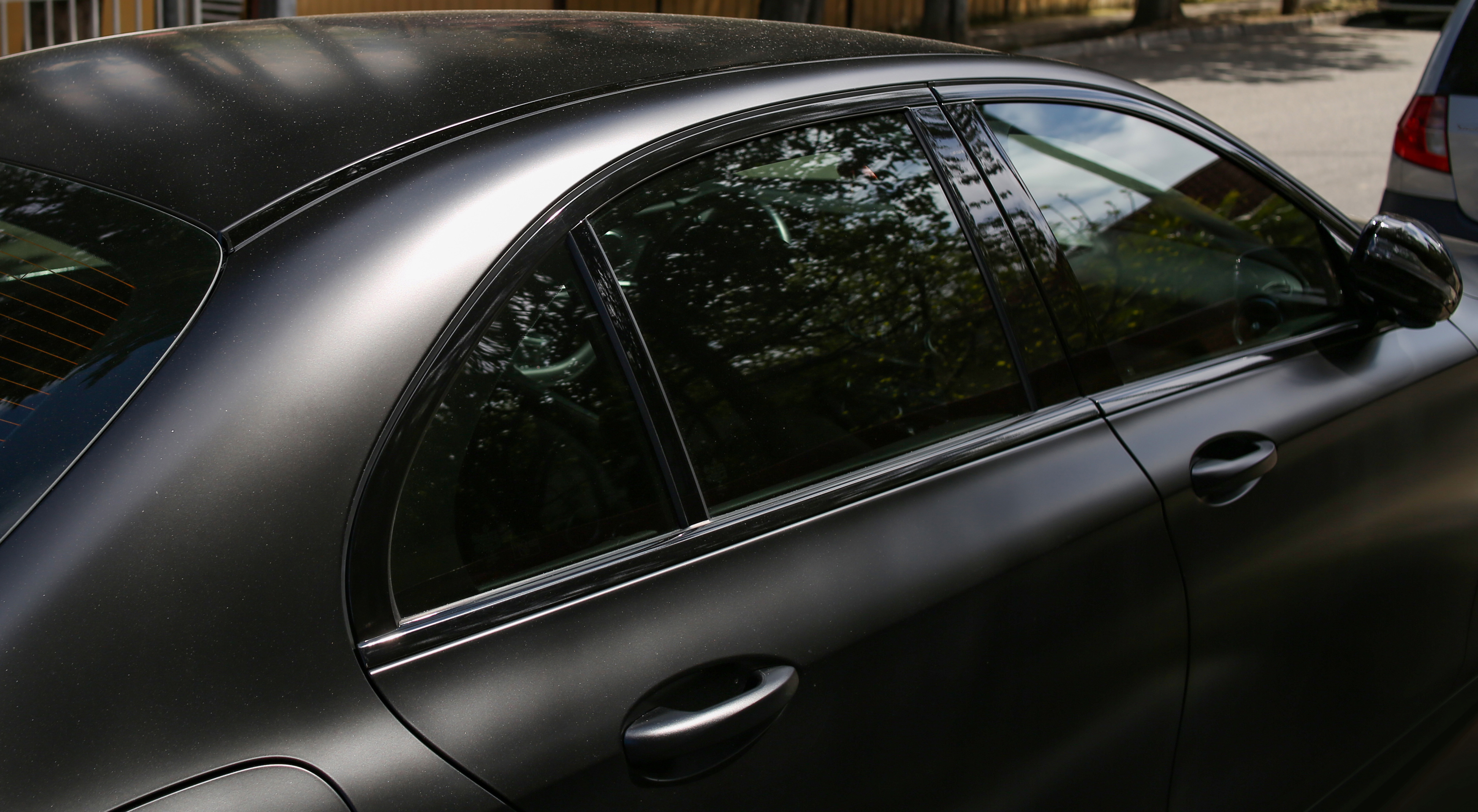Window Tinting for Homes: Improve Energy Efficiency and Privacy with Style
Window Tinting for Homes: Improve Energy Efficiency and Privacy with Style
Blog Article
Window Tinting Laws: What You Need to Know Prior To Tinting Your Vehicle
Comprehending window tinting laws is important for any type of automobile owner considering tinting their vehicle. As you consider boosting your automobile's look and functionality, it is essential to comprehend not just the legal effects but also the useful considerations that come with selecting the right tint.
Importance of Understanding Color Regulations
Understanding window tinting laws is essential for automobile proprietors to make certain conformity with state regulations. These legislations determine the permitted levels of color darkness and reflectivity, which can considerably differ from one jurisdiction to one more. Failing to stick to these guidelines can cause penalties, required elimination of the tint, and possible issues during vehicle inspections.
In addition, comprehending these legislations helps lorry proprietors make educated choices about their tinting choices. Different sorts of window movies provide numerous benefits, such as UV security, warmth rejection, and glow reduction. Nevertheless, without expertise of the legal limits, automobile proprietors run the risk of choosing products that may inevitably bring about legal concerns.
Additionally, recognition of tinting regulations cultivates a safer driving environment. window tinting. Exceedingly dark tints can impair presence, boosting the risk of mishaps, particularly during the night or in unfavorable weather conditions. Police additionally use these laws to make sure road safety, making compliance not just a lawful responsibility yet an individual responsibility
State-Specific Color Rules
Each state in the united state has developed its very own specific guidelines concerning window tinting, showing a varied range of standards and needs. These guidelines can vary substantially, impacting how car proprietors come close to installment and conformity. Some states allow darker tints on rear windows while imposing stringent restrictions on front-side windows.
In addition, regulations commonly specify allowed tint materials and colors. Particular states forbid reflective tints completely, while others might enable them to a minimal level. Some territories mandate that cars with colored windows show a sticker label showing conformity with state laws, providing a clear identification for law enforcement.
Enforcement of these regulations likewise varies; some states are much more proactive, performing random checks, while others rely on problems or visible offenses to start enforcement. Automobile owners must know that failing to follow state-specific tint regulations can cause penalties, required elimination of unlawful colors, or both.

Legal Color Percentages
Figuring out the legal color percentages is essential for lorry proprietors looking for to abide by state policies. Each state has certain regulations governing just how much light needs to pass with the windows of a vehicle, which is revealed as a percent referred to as Noticeable Light Transmission (VLT) This percent varies substantially throughout states and can depend upon the type of window-- front side, rear side, and windshield.
As an example, some states enable as little as 20% VLT on front side home windows, while others may allow approximately 50%. Windscreen tinting is often a lot more restricted, with many territories enabling only a narrow band of tint at the top of the windshield. In comparison, rear home windows typically have more lax regulations, with some states allowing darker tints.
It is essential for vehicle owners to familiarize themselves with their regional regulations to avoid prospective legal issues. This includes understanding just how VLT is determined, as it can differ based upon the kind of home window film made use of. Staying notified regarding these guidelines ensures compliance and advertises secure driving problems for both the lorry owner and others when driving.
Effects of Non-Compliance
Falling short to adhere to window tinting legislations can lead to substantial consequences for lorry proprietors. Policemans trained to recognize prohibited tint degrees might provide penalties, which can differ by territory however frequently vary from moderate to substantial amounts.

Insurer may also enforce charges for non-compliance, as prohibited modifications can be deemed a violation of policy terms. If a case takes place., this could impact coverage prices or lead to issues in insurance claims.
Ultimately, the effects of non-compliance prolong beyond instant punitive damages; they can affect a chauffeur's insurance prices, lawful standing, and overall vehicle worth, emphasizing the relevance of sticking to regional window tinting guidelines.
Tips for Finding Tinting Options
Comprehending the implications of non-compliance highlights the relevance of making notified options when picking home window tinting choices. To start with, familiarize yourself with your state's particular laws concerning color darkness and reflectivity. Each state has one-of-a-kind regulations that dictate the permitted restrictions, so ensure you remain within these guidelines to stay clear of charges.
Second of all, think about the sort of color product. Choices consist of colored, metalized, and ceramic colors, each offering differing degrees of warm denial, UV defense, and durability. Ceramic colors give remarkable heat resistance without interfering with digital devices, making them a prominent choice.
In addition, analyze your main purpose for tinting. If you seek boosted personal privacy, select darker tints; nonetheless, remember that this might affect exposure at night. Conversely, if glare reduction and UV security are your major concerns, lighter tints may be enough.
Lastly, speak with a specialist installer who is knowledgeable regarding local guidelines and can advise premium products suited to your requirements (window tinting). Taking these factors right into account will ensure you make a knowledgeable decision, ultimately improving both your lorry's aesthetic appeals and functionality
Final Thought
In final his response thought, familiarity with window tinting regulations is essential prior to using color to a vehicle. By understanding lawful demands and choosing ideal color products, car owners can accomplish visual improvement while remaining compliant with pertinent regulations.
Understanding home window tinting laws is vital for any type of car proprietor considering tinting their car.Understanding window discover here tinting regulations is important for car owners to make sure compliance with state guidelines. Some states allow darker colors on back windows while imposing rigorous restrictions on front-side windows.
In contrast, rear windows commonly have extra lax guidelines, with some states allowing darker tints. (window tinting)
In conclusion, familiarity with window tinting laws is vital prior to applying color to a car.
Report this page